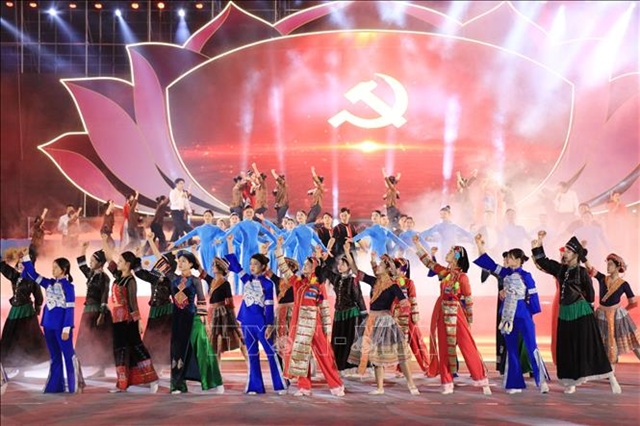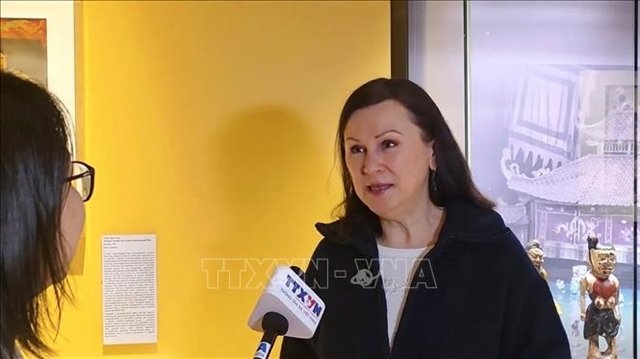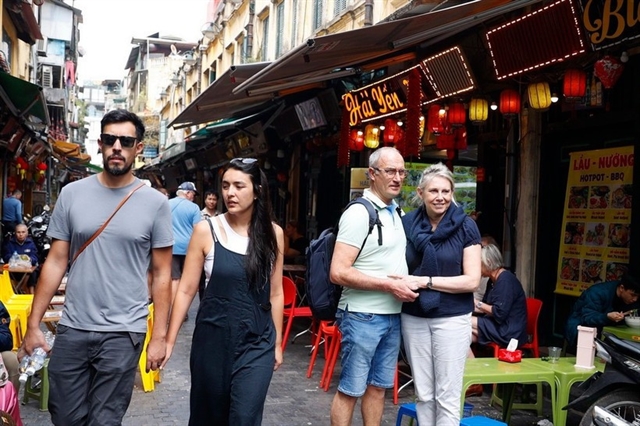 World
World
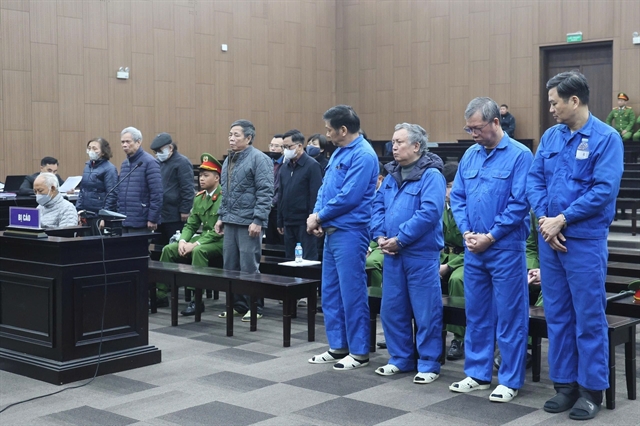
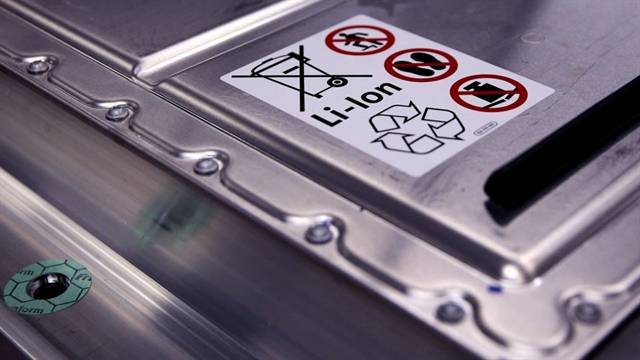
|
| A rechargeable Lithium-ion battery for the Volkswagen ID.3 electric car is pictured at the Volkswagen car factory in Zwickau, eastern Germany, on February 25, 2020. — ANN/AFP Photo |
TOKYO – Japan and the European Union (EU) will begin a comprehensive partnership aimed at strengthening the supply chain for rechargeable batteries.
Coinciding with European Commission Executive Vice President Stephane Sejourne’s visit to Japan, industry groups from Japan and Europe will sign a memorandum of understanding on Monday, according to government sources.
Including such items as cooperation on promoting recycling, the memorandum signals Japan and the EU’s intent to make progress in “reducing dependence on China” for rechargeable batteries from an economic security perspective.
The memorandum will include cooperative measures for battery recycling to promote raw material reuse. It also aims to advance data sharing on battery supply chains and foster company-to-company exchanges between Japan and Europe through exhibitions and information sharing to develop human resources for the battery industry.
This marks the first cooperative measures under the Japan-EU Competitiveness Alliance agreed upon by Japan and EU leaders in July.
On Tuesday, Prime Minister Shigeru Ishiba is expected to meet with Sejourne and reaffirm cooperation to strengthen Japan-EU supply chains, including for batteries.
Japan boasts advanced technology in the rechargeable battery field, particularly lithium-ion batteries. In 2015, Japan held half the global market share for automotive batteries used in electric vehicles and other items.
However, Chinese manufacturers have dominated the market in recent years. In 2023, China held about 60 per cent of the market share, while Japanese companies accounted for only about 8 per cent.
China began to impose export restrictions on graphite, essential for lithium-ion battery production, in 2023. Europe, where the adoption of EVs has rapidly been expanding, is increasingly concerned that a continued dependence on batteries produced by Chinese manufacturers poses higher economic security risks.
Therefore, Europe aims to enhance production capacity through collaboration between Japanese and European manufacturers. By reviewing subsidies and public procurement practices to prevent excessive price competition, Japan and Europe seek to foster an environment in which high-performance, safe batteries will receive market recognition while also promoting industry cooperation. — THE JAPAN NEWS


